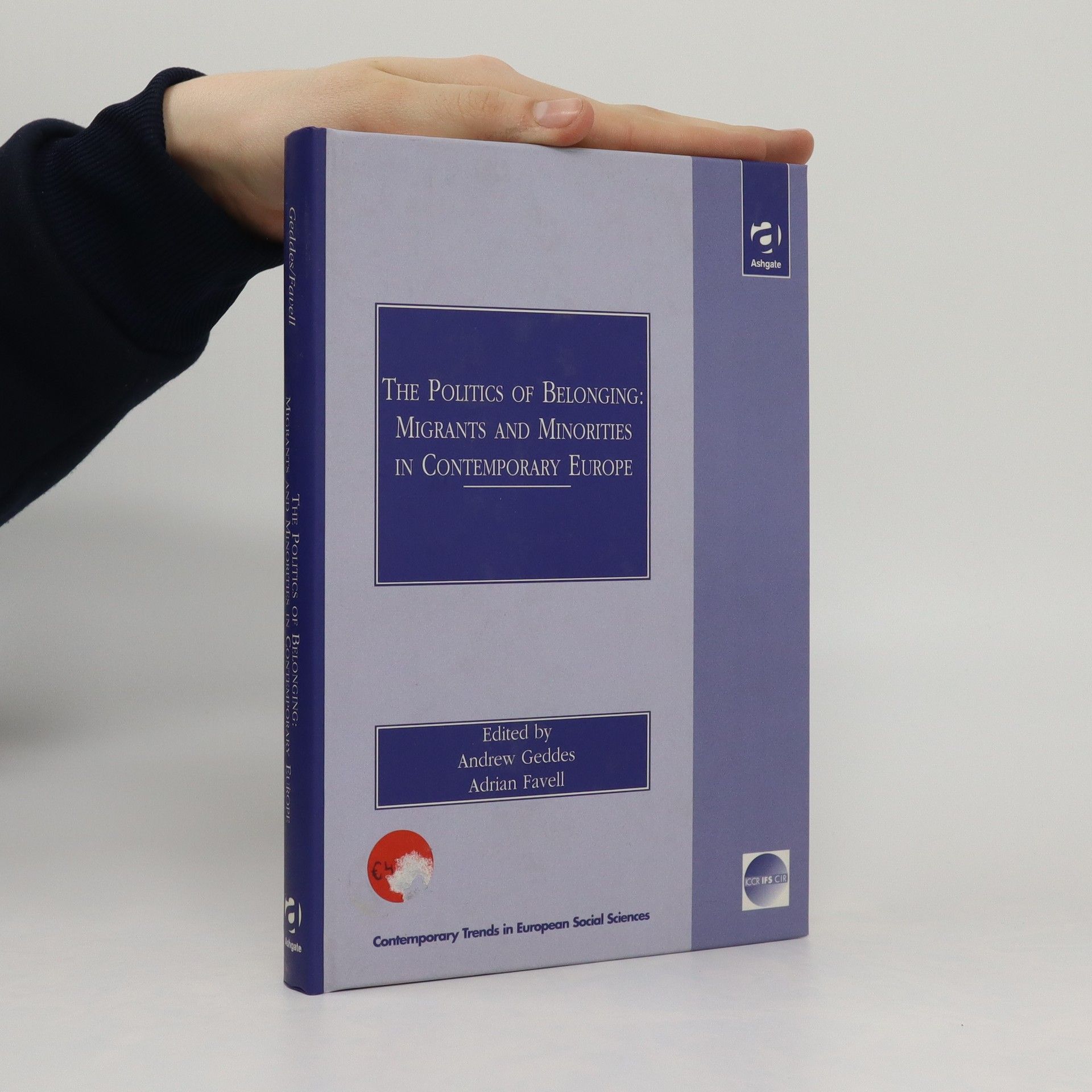The Integration Nation
- 232 stránek
- 9 hodin čtení
The notion of 'immigrant integration' is used everywhere – by politicians, policy makers, journalists and researchers – as an all-encompassing framework for re-building social cohesion and 'unity from diversity' after large-scale immigration. Promising a progressive middle way between backward-looking ideas of assimilation and the alleged fragmentation of multiculturalism, 'integration' has become the default concept for states scrambling to respond to the global refugee crisis and the persistence of racial disadvantage. Yet, as Adrian Favell explains, ideas of integration are the continuance of a longstanding colonial development paradigm. It is how majority white liberal democracies absorb and benefit from mass migration, while maintaining a hierarchy of race and nationality – and the global inequalities it anchors. Immigrant integration sits at the heart of the neoliberal racial capitalism of recent decades in which tight control of nation-building and bordering selectively enables some citizens to enjoy the free movement and mobilities of a globally integrating world, as other populations are left behind and locked out. Subjecting research and policy on immigrant integration to theoretical scrutiny, The Integration Nation offers a fundamental rethink of a core concept in migration, ethnic and racial studies, in the light of the challenge posed by decolonial theory and movements.

